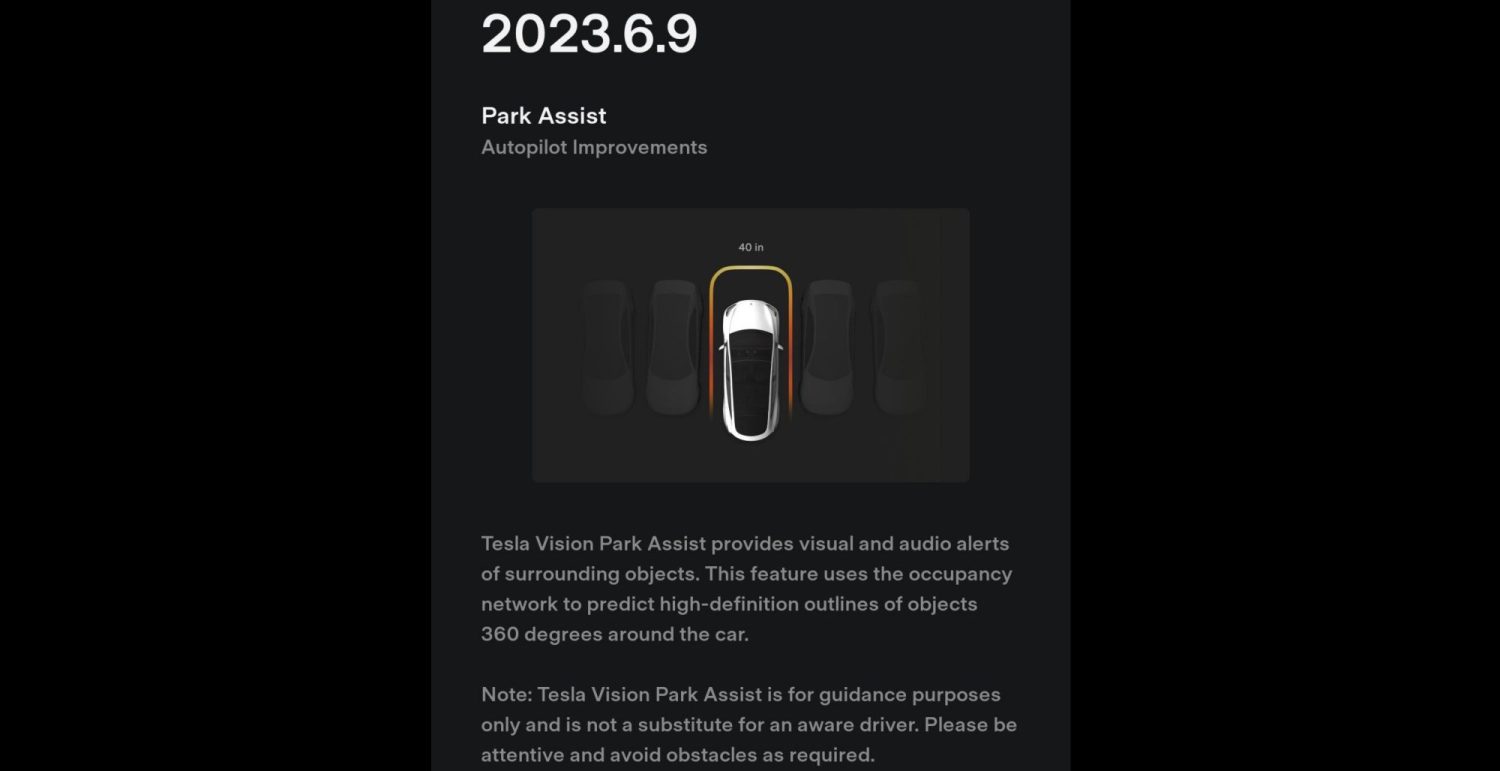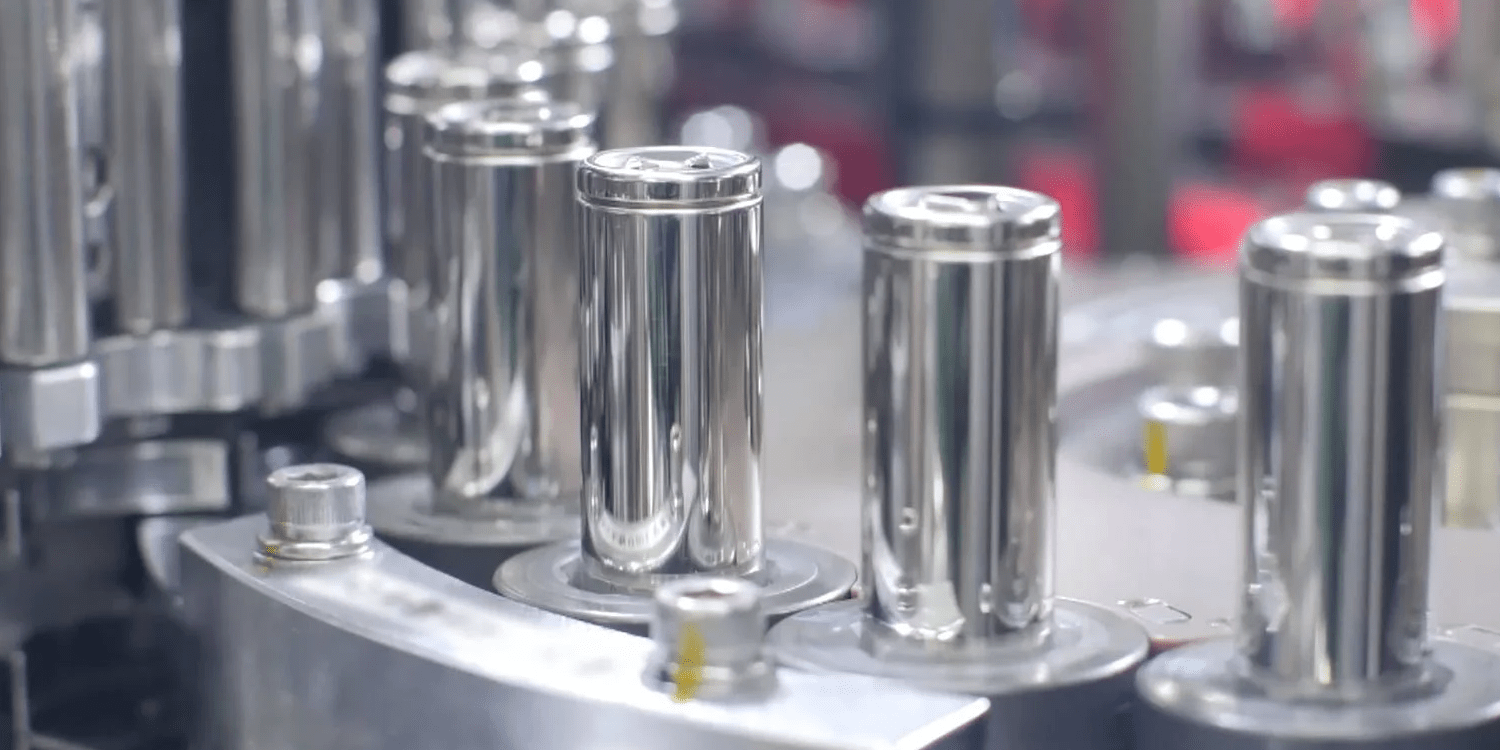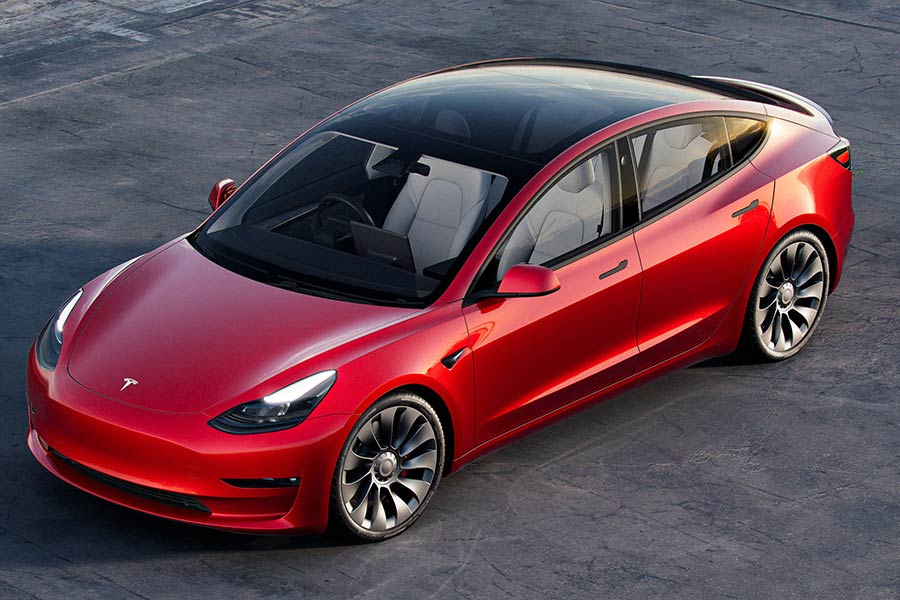The EU’s proposed ban on combustion engines in new cars from 2035 has been met with mixed reactions and ongoing debate. The EU Commission has submitted a compromise proposal to the German government regarding the use of e-fuels after 2035, but an agreement at the EU summit remains uncertain.
The proposal from the EU Commission includes defining a new category of vehicles that can run on e-fuels, but with sensors that prevent them from running on conventional fuels. This would meet the German political party FDP’s demand that vehicles that can be proven to run on e-fuels may continue to be registered after 2035. However, this proposal has reportedly already been rejected by German Transport Minister Volker Wissing with the support of FDP party leader Christian Lindner, and the transport ministry apparently wants to present a counter-draft.
Wissing’s counter-proposal suggests that carmakers should pay a sum of money for the production of e-fuels that corresponds to their lifetime consumption, with no requirements for the approval of combustion engines after 2035. Experts interviewed by Der Spiegel consider Wissing’s proposal “hardly legally implementable”, and the EU Commission did not include any elements from the transport ministry’s letter in its own draft.
There is no unanimous opinion within the German government, and even on the ground in Germany, the debate has heated up. Wissing is facing calls to resign from civil society organisations, and it remains unclear who the minister may be acting for. Even carmakers such as BMW and Audi have expressed their commitment to phasing out ICE engines.
With the EU summit approaching, Germany’s Chancellor Olaf Scholz has given internal instructions to “settle the dispute over e-fuels by the EU summit on Thursday at the latest”. There have been recent statements from various sides that an agreement would be reached this week, but a quick agreement is still rather unlikely, especially since the agreement actually has to be reached at ministerial level before the heads of government meet for the EU summit on Thursday.







